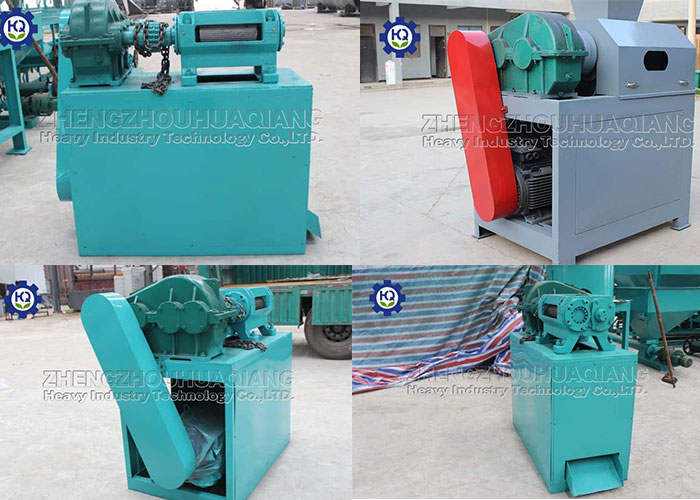
In modern organic and compound fertilizer production, double roller press granulators have become indispensable core equipment. Ensuring the long-term reliable operation of these high-value machines not only significantly reduces production costs but also guarantees consistent product quality.
1. Quality Material Selection
The durability of double roller press granulators depends first on the material quality of their core components. The roll skins, as the parts in direct contact with materials, should be made of high-hardness, wear-resistant alloys. Bearing material is equally critical—high-quality bearings maintain stable operation under heavy loads, reducing damage caused by overheating.
2. Maintenance and Care
Daily maintenance should focus on inspecting and cleaning the roll surfaces, removing buildup promptly to prevent uneven wear. Weekly checks should prioritize the drive system, lubrication, and loose fasteners. Monthly thorough maintenance requires a full inspection of roll clearance, bearing condition, and hydraulic system pressure, along with necessary part replacements.

3. Optimized Operating Parameters
Adjusting the granulator’s operating parameters based on material properties is vital. Excessively high roller speeds increase vibration and wear, while overly slow speeds reduce output. Keeping material moisture content within the ideal range (typically 15–20%) significantly reduces corrosion and wear on the rolls.
4. Timely Part Replacement
Replace roll skins once wear exceeds 5% of the original diameter. Inspect the pressure belt comprehensively every six months. Bearings should be preventively replaced every 1–2 years, depending on usage intensity.
By applying these strategies together, the service life and reliability of double roller press granulators can be greatly improved—maximizing return on investment.